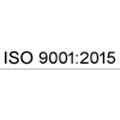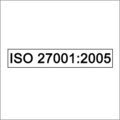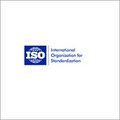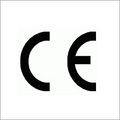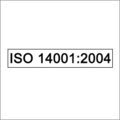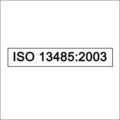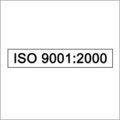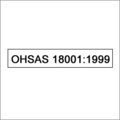CE MARKING
The CE marking (also known as CE mark) is a mandatory conformity mark on many products placed on the single market in the European Economic Area (EEA). The CE marking does not certify that a product has met EU consumer safety, health or environmental requirements.
Contents
Significance
By affixing the CE marking, the manufacturer or person placing the product on the market or putting it into service asserts that the item meets all the essential requirements of the relevant European Directive(s). Examples of European Directives requiring CE marking include toy safety, machinery, low-voltage equipment, terminal equipment and EM compatibility. There are about 25 directives requiring CE marking.
Officially, CE has no meaning as an abbreviation, but may have originally stood for European accordance (European Community) or Conformité Européenne (“European Conformity”).
Declaration of Conformity
The CE marking is a mandatory European marking for certain product groups to indicate conformity with the essential health and safety requirements set out in European Directives. To permit the use of a CE mark on a product, proof that the item meets the relevant requirements must be documented. Sometimes this is achieved using an external test house which evaluates the product and its documentation. Often it is achieved by a company-internal self-certification process. In any case the responsible organization (manufacturer, representative, importer) has to issue a EC-Declaration of Conformity
(EC-DoC) indicating his identity (location, etc.), the list of European Directives he declares compliance with, a list of standards the product complies with, and a legally binding signature on behalf of the organization. The EC-DoC underlines the sole responsibility of the manufacturer. Parts of the certification process for the CE marking could be performed by 3rd party test houses or certification bodies; in case that this is mandatory the CE symbol also includes a number that identifies the so called Notified Body.
To be strictly accurate, there are two forms of Declaration, either a “Declaration of Conformity” or a “Declaration of Incorporation”. Generally speaking this is only the case under the Machinery Directive. For example, a stand-alone machine that requires only a power source to operate would be issued with a Declaration of Conformity; whereas a machine that requires additional systems, attachments, feed conveyors etc, before it can provide its intended function must be issued with a Declaration of Incorporation. In this latter case it is illegal to CE Mark such a machine. This can only be achieved once the machine has been finally installed and all other elements incorporated into the system. A final risk assessment is performed to verify compliance of the system and a final Declaration of Conformity is then issued.
Furthermore, these directives are based upon what the European Commission calls a New Approach, whereby if any of the Article 100A Directives apply to a product, then they must be followed.
Directives providing the requirements for the CE marking are created by the European Union (EU), but the markings are required throughout the European Economic Area (EEA). According to information provided by the Swiss Government for Swiss Exporters the CE Mark is not compulsory in Switzerland except for products for export to the European Union.)
Origin of Mark
According to an article in The Guardian on 23-12-2001, the mark was designed by Arthur Eisenmenger. The various components of the CE marking must have substantially the same vertical dimension, which may not be less than 5 mm.

